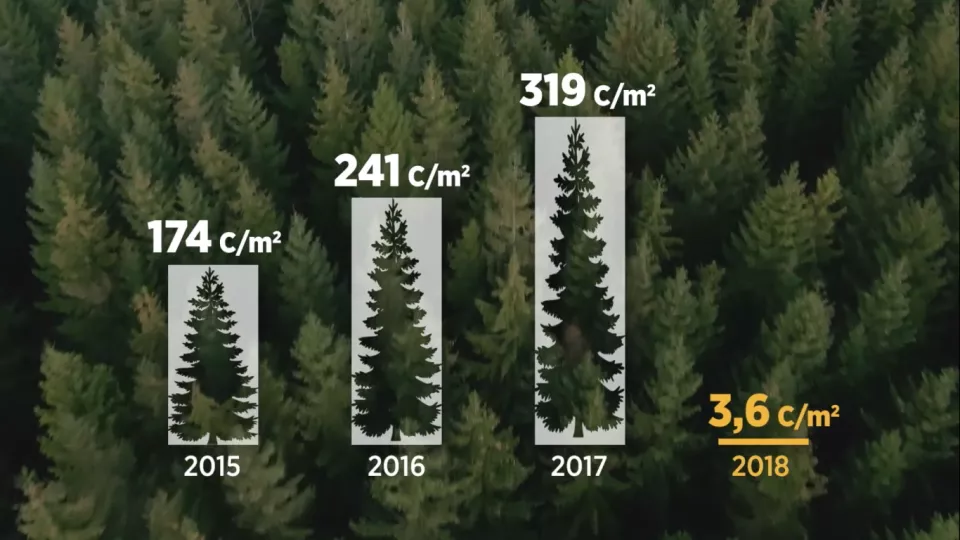The ICOS research station in Hyltemossa measures, among other things, the exchange of carbon dioxide (CO2) between the forest ecosystem and the atmosphere. During recent years, the forest has been able to increase its capacity to absorb carbon dioxide. But in 2018, that trend showed a sharp decline. Similar effects can be seen in other ten forests where measurements were made.
– We were suprised to see that the effect was so strong, says Anders Lindroth, Professor emeritus.
Forests have a great role in mitigating climate change. But this trend is likely to set off a feedback loop, and researchers will therefore need to adjust their climate models. When droughts decrease forests capacity to absorb carbon dioxide, the net balance of carbon dioxide in the atmosphere increases which in turn generates more droughts. Which again, decreases forests capacity to absorb carbon dioxide.
Watch the TV4 news program on this issue
Read more about the ICOS research station at Hyltemossa
List of Anders Lindroths publications


